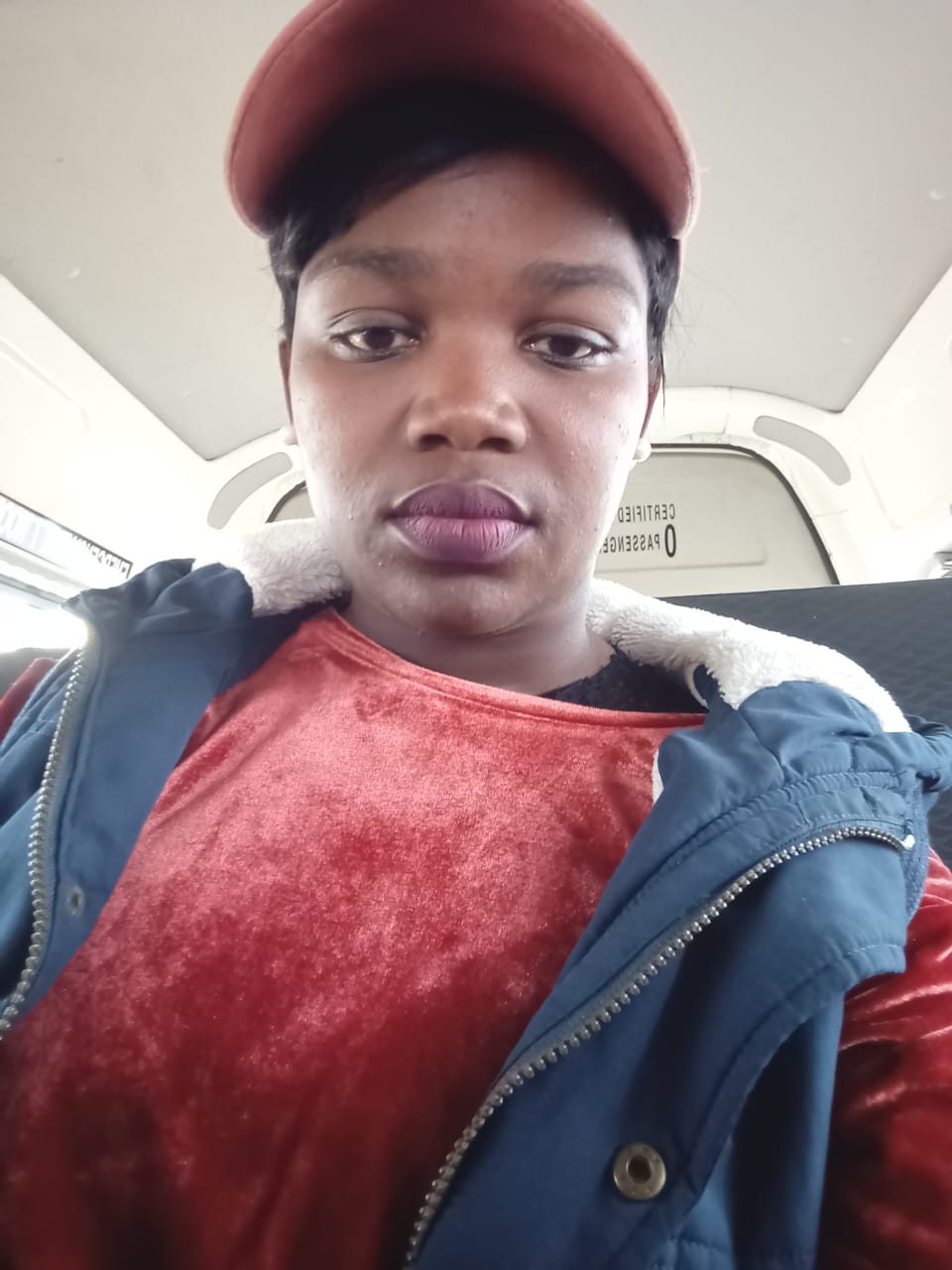Khanya College kicked off the Winter School with a simulation game that set the scene for participants to understand the current context and issues affecting them. Since its inception, the Winter School has used popular education as a methodology, this is an important tool to encourage participants to share and reinforces the fact that no one is a blank slate and that everyone has ideas and experience that we can all learn from. Popular Education was introduced by Paulo Freire, a Brazilian educator who believed that students and the working class can be ‘active agents’ of their education. He believed that people can develop critical thinking, through reading the word and the world.
Khanya College also believes that the working class has memory and experiences from their daily lives that they can share and that the Winter School can draw from. This is why in the Winter School there are no ‘teachers’, there are only facilitators to guide the process.
29 years after democracy, one cannot deny the inequalities that exist in this country. The economy and power are still in the hands of the ruling class. Since the ruling class can no longer use force to rule the working class, they now depend on generating ruling ideas so they can dominate and control the working class. According to Oupa Lehulere, these ideas are used to validate and justify its rule and why it oppresses the working class and justifies why there is a minority group that is wealthy while the majority live below the poverty line.
It is thus important that the working-class counter these ruling ideas by developing its ideas based on a clear understanding and analysis of the nature of inequality, exploitation and oppression.
Popular Education is rooted in the real interests and struggles of ordinary people. The learning process starts with identifying and describing everyone’s own experience, and that knowledge is built through lived experiences. This form of education is also vital for cadre development. These are groups that emerge from communities and help organise people at the ground level for change.
In the Winter School participants work in groups, and they grapple with issues as a collective, simulation games are used to ensure everyone can participate drawing on their understanding and experience of the world. Other methods are protest theatre, statues etc. The power of the working class lies in them rejecting the ruling ideas and developing their own, in this way, they can organise themselves and create democratic spaces. Through this form of education, communities are inspired to think critically and to come up with sustainable change.
This article was submitted as part of the Imbila Yesu publication produced daily for the duration of the Winter School in 2023 (23-28 July 2023). It appeared in Edition No.2, released on 25 July 2023.
You may republish this article, so long as you credit the author and Karibu! Online (www.Karibu.org.za ), and do not change the text. Please include a link back to the original article.


 Download PDF
Download PDF
